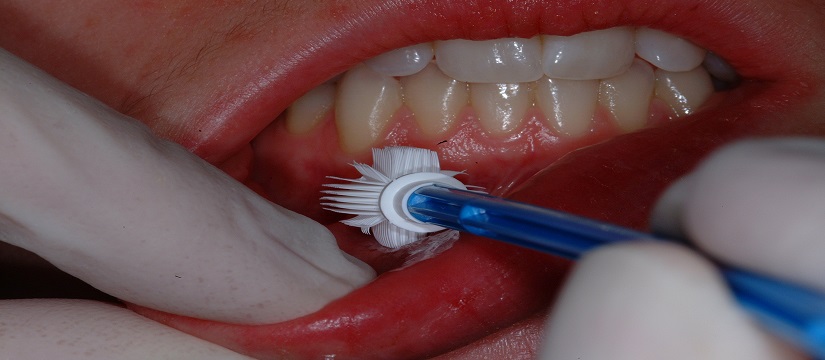Oral Lesion and Cancer Screening
Oral lesion and cancer screening is an examination performed by a dentist or doctor to look for signs of cancer or precancerous conditions in your mouth.
Objective
The goal of oral lesion and cancer screening is to detect mouth cancer or precancerous lesions that may lead to mouth cancer at an early stage — when cancer or lesions are easiest to remove and most likely to be cured.
People with a high risk of oral cancer may be more likely to benefit from oral cancer screening, though studies haven’t clearly proved that. Factors that can increase the risk of oral cancer include:
- Tobacco use of any kind, including cigarettes, cigars, pipes, chewing tobacco and snuff, among others
- Heavy alcohol use
- Previous oral cancer diagnosis
- History of significant sun exposure, which increases the risk of lip cancer
Ask your dentist whether oral cancer screening is appropriate for you. Also ask about ways you can reduce your risk of oral cancer, such as quitting smoking and not drinking alcohol.
Biopsy
Only a biopsy can give a definitive oral cancer diagnosis. A sample of tissue or cells is required for a biopsy, which must be conducted before treatment can begin. The types of biopsies typically used for diagnosing oral cancers are:
A small piece of tissue is cut from an abnormal-looking area. If the abnormal region is easily accessed, the sample may be taken at your doctor’s office. If the tumor is deeper inside the mouth or throat, the biopsy may need to be done in an operating room, with general anesthesia administered to prevent any pain.
Here, a very thin needle attached to a syringe is used to extract (aspirate) cells from a tumor or lump. This approach can be particularly useful for several situations that can occur with oral cancer.
An FNA may reveal that a lump is benign and is the result of a treatable infection, not cancer. An FNA may find a non-cancerous, fluid-filled cyst that can be surgically removed. When this occurs in conjunction with cancer symptoms, an endoscopy will still be needed to make a definitive oral cancer diagnosis.
When an FNA is done in patients who have already been received an oropharyngeal or oral cancer diagnosis, the biopsy can show if cancer has spread to the lymph nodes in the neck, information that will help guide treatment.
An FNA may be done in patients whose cancer has already undergone surgery or radiation to check if a neck mass in a previously treated area is scar tissue or if it may be a recurrence of cancer.
Diagnosis
Any discussion of diagnosis must be prefaced with the issue of discovery. While an annual screening for oral cancer is important, it is possible that you will notice some change in your mouth or throat that needs examination between your annual screenings. You are the most important factor in an early diagnosis. You should always contact your doctor or dentist immediately if you notice the following symptoms in yourself or a loved one.
- A sore or lesion in the mouth that does not heal within two weeks.
- A lump or thickening in the cheek.
- A white or red patch on the gums, tongue, tonsil, or lining of the mouth.
- A sore throat or a feeling that something is caught in the throat.
- Difficulty chewing or swallowing.
- Difficulty moving the jaw or tongue.
- Numbness of the tongue or other area of the mouth.
- Swelling of the jaw that causes dentures to fit poorly or become uncomfortable.
- Chronic hoarseness.

